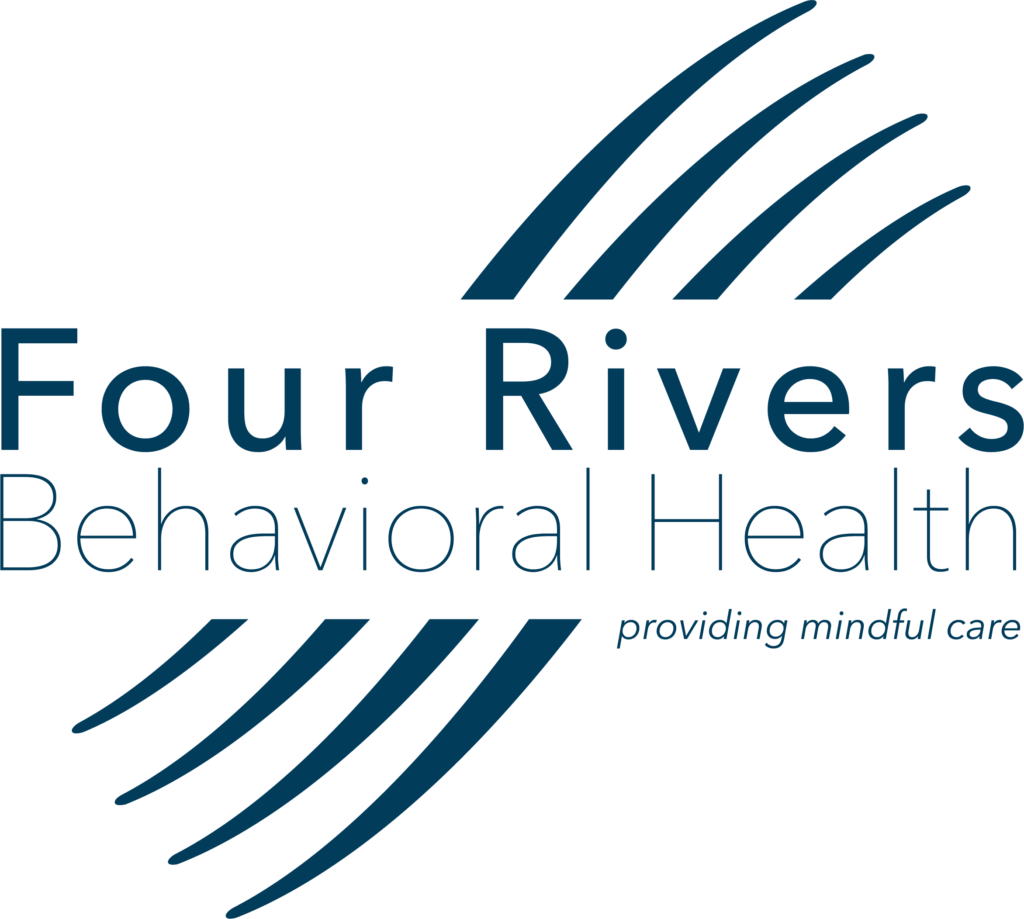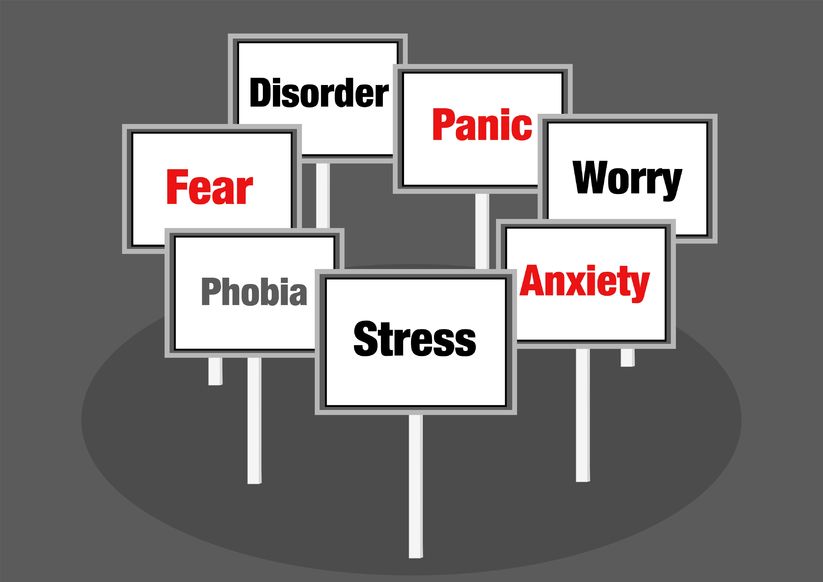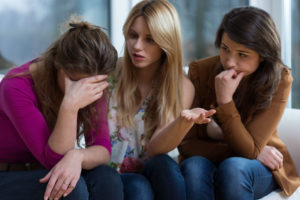For many, choosing to seek help is tough and for others, especially children, parents may not recognize that their child has been affected. Children often internalize traumatic events and it is important that parents and other adults recognize the signs of trauma and get help when needed.
Few events hit home for children and families like a school shooting. When children see such an event on television or are directly involved, it is natural for them to worry about their safety, even after the initial shock of the event has worn off.
Four Rivers Behavioral Health advises parents to use this time as an opportunity to talk and listen to their children. It is important, to be honest: Parents should acknowledge to children that bad things do happen, especially when talking with younger children. But, parents should also reassure them with the information that many people are working to keep them safe, including their parents, teachers, and local police. Adults should be attentive to children’s concerns: Again, it is important to reassure children that the adults in their lives are doing everything they can to make their environment—school, home, and neighborhood—safe for them. Parents, teachers, and school administrators also need to communicate with one another not only about how to keep kids safe but about which children might need more reassurance and the best way to give it to them.
Most children and young adults are quite resilient and will return to their normal activities and personality relatively quickly, but parents should be alert to any signs of anxiety that might suggest that a child or teenager might need more assistance. Such indicators could be a change in the child’s school performance, changes in relationships with peers and teachers, excessive worry, school refusal, sleeplessness, nightmares, headaches or stomachaches, or loss of interest in activities that they used to enjoy. Also, remember that everyone will respond to trauma differently. Some will have no ill effects; while others may suffer an immediate and acute effect. Still, others may not show signs of stress until sometime after the event.
Youth are just as affected as adults are by a traumatic event. Some may be affected even more, but no one realizes it. Without intending to, we, as parents, may send our children a message that it is not all right to talk about the experience. This may cause confusion, self-doubt, and feelings of helplessness for a child. Children need to hear that it is normal to feel frightened during and after a traumatic event. When you acknowledge and normalize these feelings for your children, it will help them cope with their experience and move on. Following exposure to a disaster or traumatic event, children are likely to show signs of stress. Signs include sadness and anxiety, outbursts and tantrums, aggressive behavior, a return to earlier behavior that was outgrown, stomachaches and headaches, and an ongoing desire to stay home from school or away from friends. These reactions are normal and usually do not last long.
Parents can help by providing extra attention and consideration and simply listening to their children, but not forcing them to talk about feelings and emotions. However, parents should encourage discussion of trauma experiences among peers.
Parents can help by providing extra attention and consideration and simply listening to their children, but not forcing them to talk about feelings and emotions. However, parents should encourage discussion of trauma experiences among peers.
https://4rbhyouthtreatment.com/the-zone/


